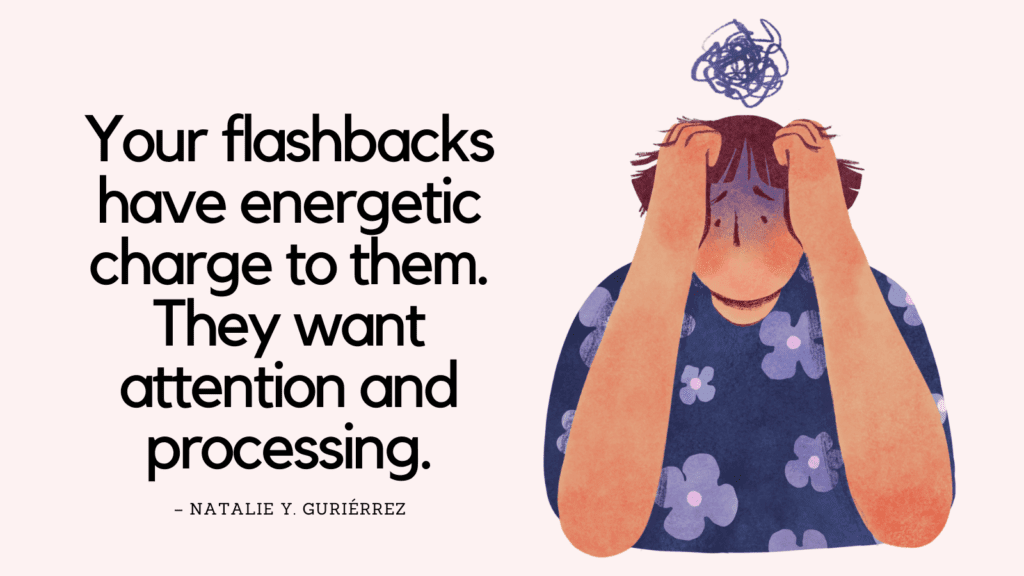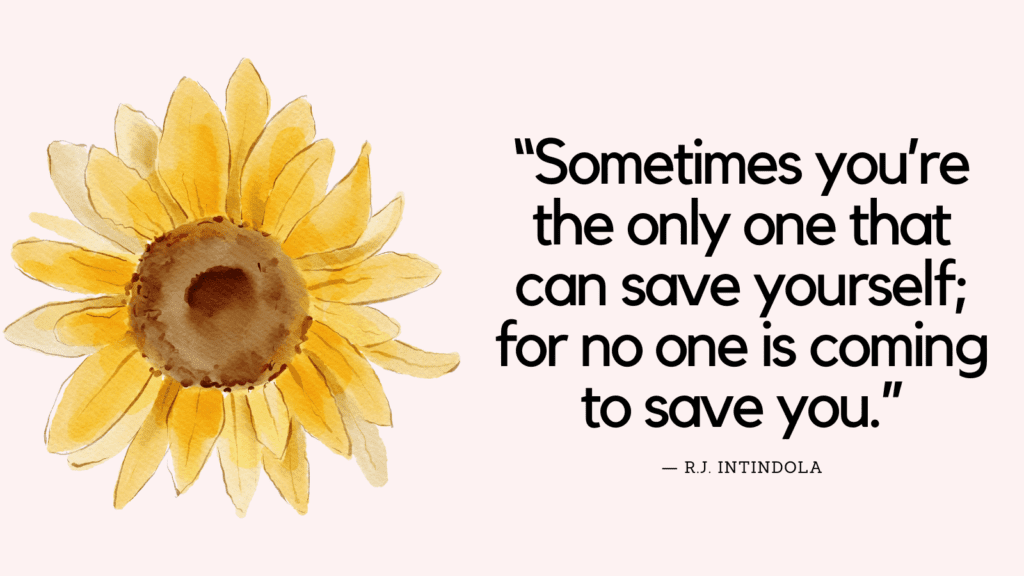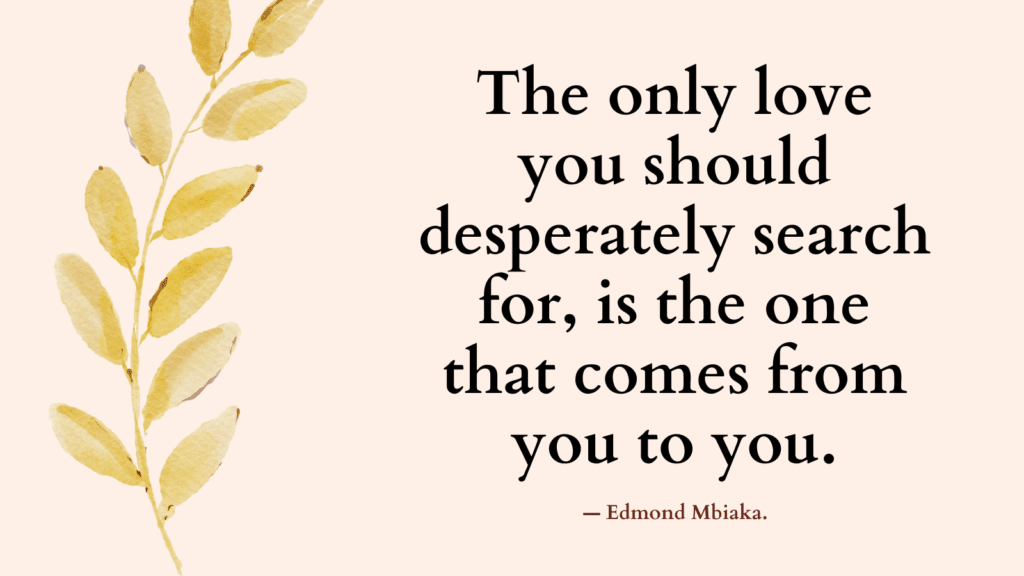This post contains some of the best flashbacks PTSD quotes.
What Are PTSD Flashbacks?
PTSD (Post-Traumatic Stress Disorder) flashbacks are distressing and intrusive memories or experiences that individuals with PTSD may have as a result of a traumatic event.
When someone experiences a traumatic event, the memory of that event can become fragmented and stored in a way that makes it difficult to process and integrate into their normal memory system.
As a result, they may re-experience the event as if it were happening again, known as a flashback.
During a flashback, individuals may feel like they are reliving the traumatic event, with vivid sensory details and intense emotions.
It can be triggered by various stimuli, such as sounds, smells, sights, or even certain thoughts or emotions that remind the person of the traumatic experience.
These flashbacks can be distressing and overwhelming, often leading to feelings of fear, anxiety, and a sense of helplessness. They may disrupt daily activities, relationships, and overall well-being.
Flashbacks PTSD Quotes
1. “PTSD, also called chronic trauma, relates to sensory flashbacks (or intrusive memories) from a past traumatic experience or series of painful incidents that randomly pop up in your mind in forms such as images, smells, tastes, bodily sensations, and nightmares. These sensory flashbacks activate your threat response.”— Natalie Y. Guriérrez
2. “Toxic shame can obliterate your self-esteem in the blink of an eye. In an emotional flashback you can regress instantly into feeling and thinking that you are as worthless and contemptible as your family perceived you.”— Pete Walker
3. “Sensory flashbacks (like smells, images, sounds, touch, places) can also occur that remind you of past trauma, but, with CPTSD, your threat response is largely evoked by your emotional pain from relational wounding, legacy burdens, and the impact of racism and oppression.”— Natalie Y. Guriérrez
4. “When you are stranded in a flashback, toxic shame devolves into the intensely painful alienation of the abandonment mélange – a roiling morass of shame, fear and depression.”—Pete Walker
Related: Do I Have Trauma? Top 4 Practical Exercises To Support Your Trauma Healing
5. “Hollywood often portrays PTSD as nightmares, flashbacks, and being lost in past experiences to the point of becoming dysfunctional in the present. As one of the Swords’ clients puts it, “If it wasn’t for my flashbacks, I wouldn’t have any memory at all.” All of this and more can be true. But these symptoms are only a fraction of the turmoil that is going on inside sufferers.”— Phil Zimbardo & Rick and Rose Sword
6. “If you believe that experiencing flashbacks is a sign that you are losing control, you may try very hard to push the memories out of your mind. However, the more you try to push these memories away, the more they will intrude on you r mind and the less control you will actually have over the memories.”— Edna B. Foa & Elizabeth A. Hembree & Barbara Olasov Rothbaum
7. “If you are stuck viewing yourself as worthless, defective, or despicable, you are probably in an emotional flashback. This is typically also true when you are lost in self-hate and virulent self-criticism.”—Pete Walker
Related: Best 10 Proven Ways to Heal From Childhood Trauma Splitting
8. “Let’s talk about flashbacks for a moment. If you’re having flashbacks, please know that your flashbacks are real and valid. They are also your brain’s way of trying to heal itself by showing the unread and unprocessed files that need opening and a place to go.”— Natalie Y. Guriérrez
9. “Your flashbacks have energetic charge to them. They want attention and processing. They want a full narrative of what happened to you—because without it, you will consistently be in a threat response whenever you encounter a similar interaction that isn’t necessarily dangerous.”— Natalie Y. Guriérrez
10. “Sometimes the flashback may be so vivid that you might feel as if the trauma is actually occurring again. These experiences are intrusive and you probably feel that you don’t have any control over what you are feeling, thin king, and experiencing during the day or at night.”— Edna B. Foa & Elizabeth A. Hembree & Barbara Olasov Rothbaum
Related: Undermothered: How to Mother Yourself Using These Practical 10 Strategies?
11. “One caveat for recovering the ability to authentically be yourself is that it is unreasonable and unfair to expect anyone to accept you if you are being abusively angry or contemptuous. Some trauma survivors flashback into this type of behavior by acting out from their Outer Critic.”—Pete Walker
12. “Your flashbacks represent an area where your body and brain seek healing. They are truly your selfhealing system at work toward resolution.”— Natalie Y. Guriérrez
13. “Effective recovery work leads to an ongoing reduction of emotional flashbacks. Over time, with enough practice, you become more proficient at managing triggered states. This in turn results in flashbacks occurring less often, less intensely and less enduringly.”—Pete Walker
14. “Flashbacks, nightmares, and troublesome thoughts continue to occur because you have not digested the traumatic memory.”— Edna B. Foa & Elizabeth A. Hembree & Barbara Olasov Rothbaum
Related: What Is Hyper Independence Trauma?(+4 Steps To Healing)
15. “When traumatic events remain unhealed, it is common to replay these events in your mind as recurrent memories, flashbacks, nightmares, or disturbing feelings that invade your current life and relationships.”— Arielle Schwartz
16. “Our flashbacks and intrusive memories serve as communication to us of the hurt we’re holding and comes from our innate longing and power to heal ourselves.”— Natalie Y. Guriérrez
17. “For some people, having a flashback may increase their concern about losing control of their lives and may even intensify their fears. In other words, the responses to being traumatized often interact with one another and cause the overall response to be more intense.”— Edna B. Foa & Elizabeth A. Hembree & Barbara Olasov Rothbaum
Related: 7 Trauma Release Exercises To Support Your Recovery After Trauma
18. “Often referred to as re-experiencing, invasive or intrusive symptoms interfere with your ability to feel safe and relaxed. In some cases, you might have clear memories of trauma that arise as nightmares or flashbacks. In other cases, you might feel flooded by emotions or by uncomfortable feelings in your body owing to traumatic events that happened when you were very young.”—Arielle Schwartz
19. “You might have flashbacks in which you experience a rush of images, emotions, or bodily sensations connected to the trauma. These kinds of re-experiencing symptoms often disrupt the lives of trauma survivors and can last for hours or even days.”—Arielle Schwartz
20. “In some cases, flashbacks are connected to memories that happened when you were too young to form images or verbal memories, or your brain may be trying to protect you from traumatic memories with dissociative symptoms. In these cases, you might feel flooded by emotions or sensations with no known cause, but you might be acutely aware that you are having a flashback.”—Arielle Schwartz
21. “Developing self-awareness of triggers is one of the most important strategies for managing invasive and intrusive symptoms. If you know you are getting triggered into a flashback, you are more likely to immediately use your strategies to calm yourself down and feel safe.”—Arielle Schwartz
Related: Why Is Trauma Therapy So Hard? (+Best Trauma Healing Exercises To Support Your Recovery)




